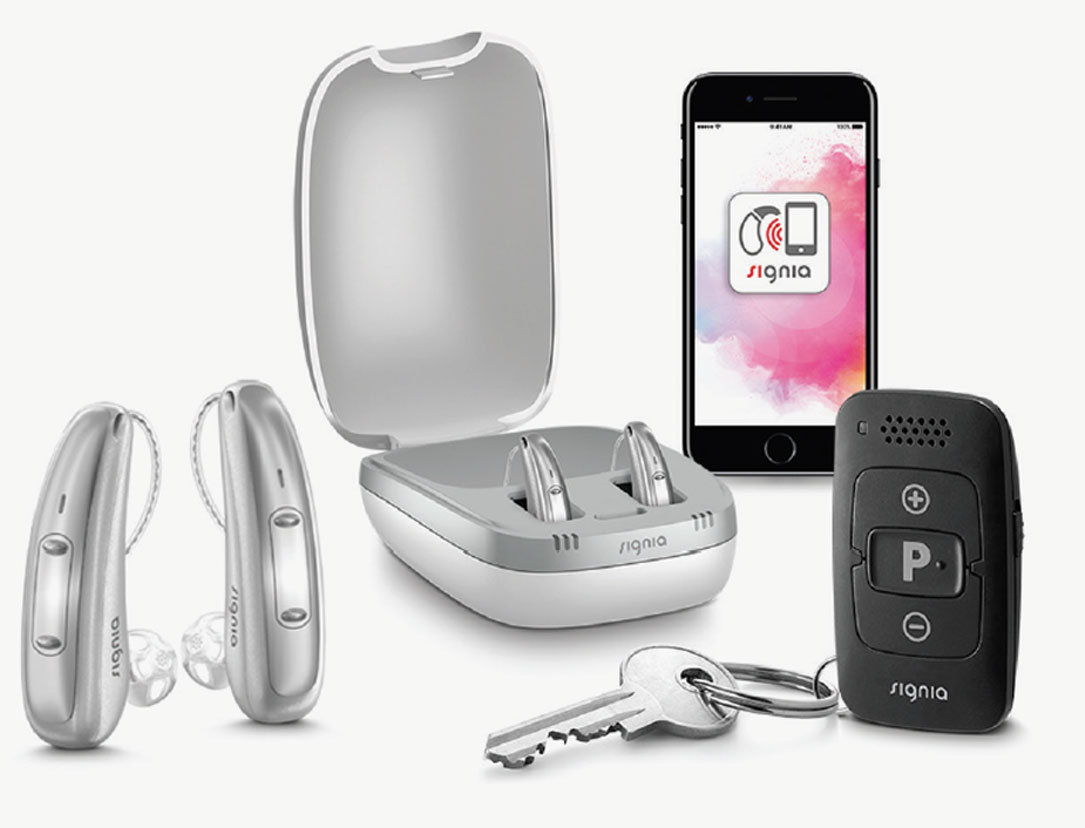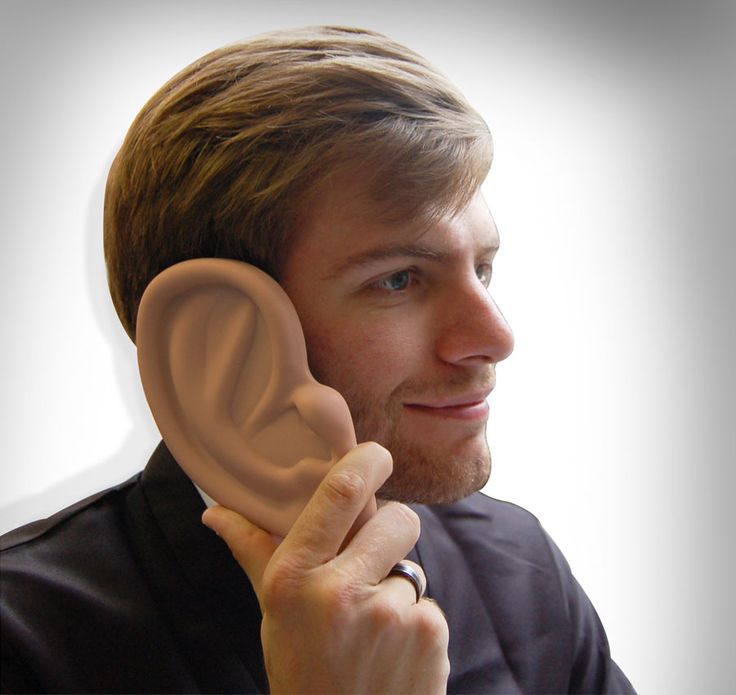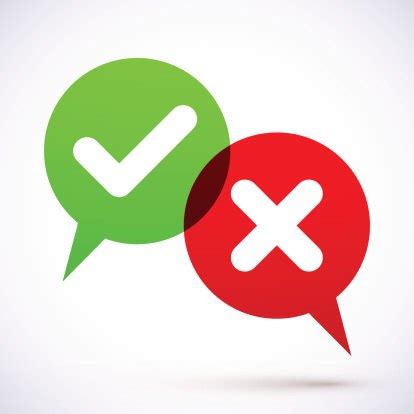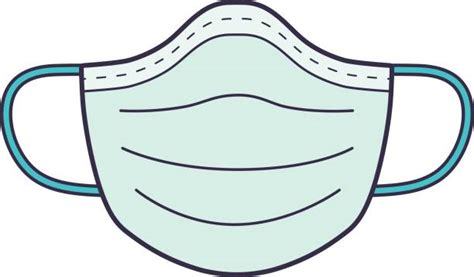Buy Hearing Aids: Clinic or Online
Within the last five years (or last few months with Covid-19), like many other products, you can now buy hearing aids online. Sounds convenient right? It may seem convenient and like the easiest way to save money. However, that’s not necessarily the case. So, do you buy hearing aids in a clinic or online? Before you Decide It’s true, you can find hearing aids cheaper online than at a clinic. But here are a few things you should know before you jump in: Not all hearing aids are made equal, the technology inside makes all the difference. Hearing aids are complex pieces of medical equipment; they are like little computers! Your hearing aids need to be tailored to your unique hearing needs. Hearing aids are not like glasses. You can’t put them on and everything with sound ‘normal’ again. It can take time to get used to the feel and sound of the hearing aids. In most cases, several tweaks need to be made to get it just right. Depending on your hearing loss, you may need higher-end technology to give you the optimal volume and clarity you need. It really comes down to quality and service instead of price. Buying Hearing Aids Online Online you may get a lower price, but there is no guarantee they will be the right hearing aids or the right fit for you. You also get no extended service after your purchase. You get the hearing aids from Amazon (maybe? They sell everything right?),...








Recent Comments